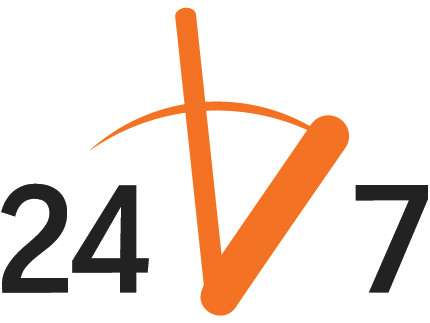Obama Administration Conceals Use of Surveillance in Defiance of Promise to Supreme Court

In 2012, the United States Supreme Court turned away an American Civil Liberties Union challenge to warrantless domestic spying on the grounds that the civil liberties organization had no standing to sue over the practice. The court's decision relied upon assurances from the Obama administration that surveillance targets would be notified that their communications had been intercepted and thereby be afforded an opportunity to go to court. Unsurprisingly, government officials have done everything in their power to not live up to that guarantee. The ACLU capably summarizes a New York Times piece that, in fine Grey Lady tradition, completely buries the lede.
From the ACLU:
Adam Liptak of The New York Times yesterday brought new public attention to the government's troubling failure to make good on its statements to the Supreme Court last fall, in Clapper v. Amnesty. In that case, the Supreme Court rejected the ACLU's challenge to the warrantless wiretapping program on standing grounds, ruling that the plaintiffs in the case couldn't demonstrate that they had been harmed. But that ruling came only after the government repeatedly assured the court that it would have other opportunities to review the controversial law. The government specifically told the court that criminal defendants who were prosecuted based on evidence obtained under the FISA Amendments Act (FAA) would receive notice of that fact, which would allow them to challenge the statute.
The Supreme Court took the government at its word. In its opinion rejecting the ACLU's lawsuit, the Court repeated and relied on the government's representation that the law would be subject to challenge by criminal defendants.
Events since that time have told a very different story. As Liptak sets out in his chronology of these events, federal prosecutors have repeatedly failed to give notice of FAA evidence to criminal defendants.
Specifically, notes Liptak of the Times, officials have concealed their sources of information, even when they use it in court, so that surveillance targets are unaware they've been snooped upon, and so in no position to mount a legal challenge.
By insisting that they need not disclose whether there had been surveillance under the 2008 law, the two sets of prosecutors have so far accomplished precisely what Mr. Verrilli said would not happen. They have immunized the surveillance program from challenges under the Fourth Amendment, which bans unreasonable searches and seizure.
That information gathered by the NSA's massive surveillance program was used in these cases is clear not because of the government's explicit admission, but because Sen. Dianne Feinstein cited them as successes of the snooping scheme when arguing for reauthorization of the FISA Amendments Act.
Sneaky.
Follow this story and more at Reason 24/7.
Spice up your blog or Website with Reason 24/7 news and Reason articles. You can get the widgets here. If you have a story that would be of interest to Reason's readers please let us know by emailing the 24/7 crew at 24_7@reason.com, or tweet us stories at @reason247.


Show Comments (63)